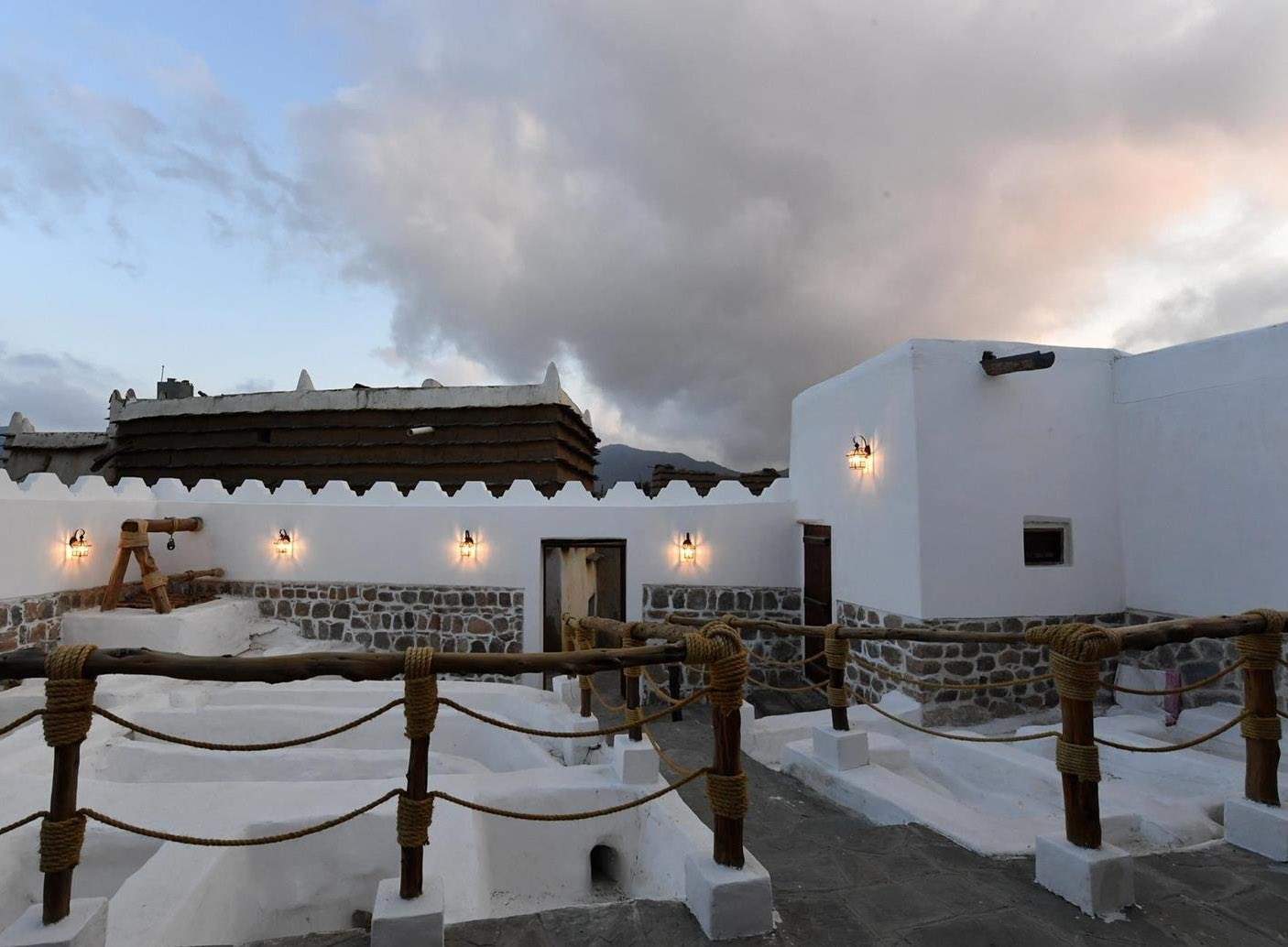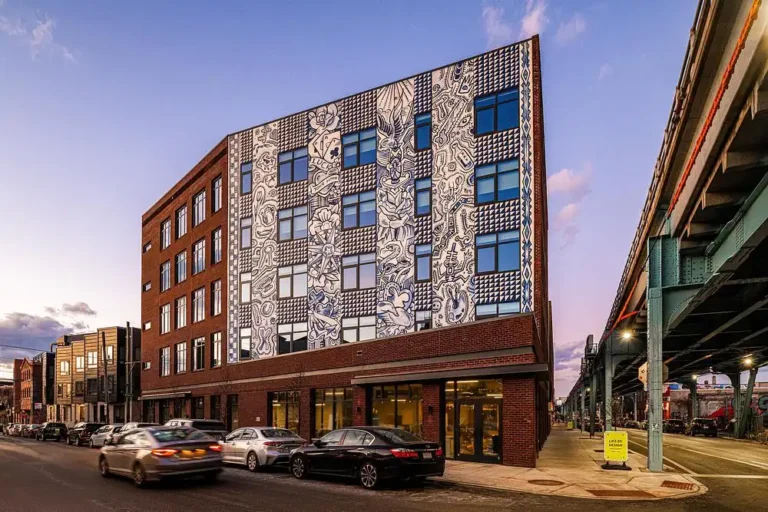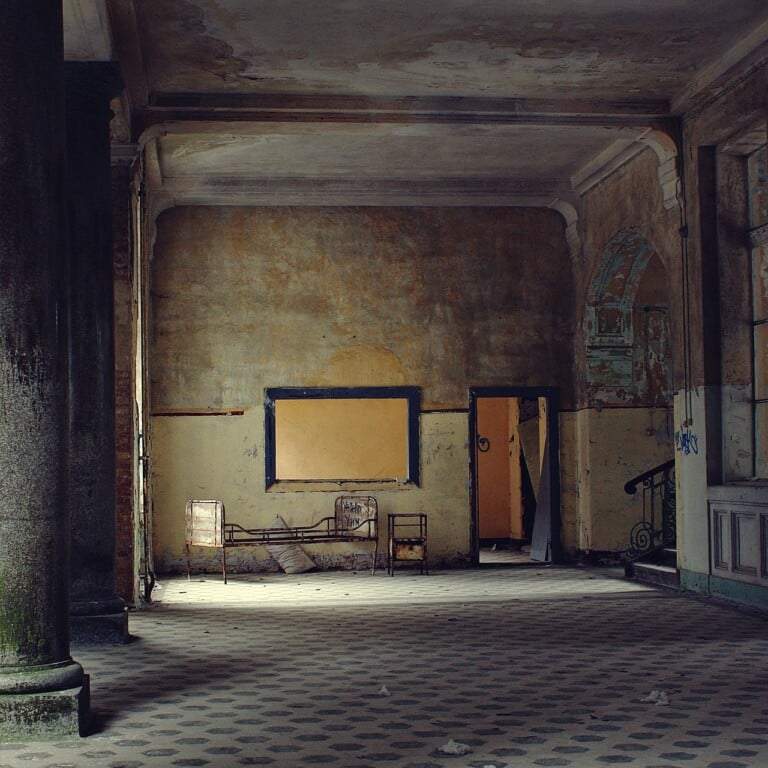Prince Mohammed bin Salman’s Project to Revitalize Historic Al-Masqi Mosque
A Heritage Revival Spanning Over 13 Centuries
Located east of Al-Masqi village, about 32 kilometers southeast of Abha, the old Al-Masqi Mosque stands out as one of the oldest historic mosques in the Asir region.
Dating back to 73-75 AH (1397 AH), it bears witness to a history spanning more than 13 and a half centuries. Today, the mosque is undergoing a new phase of restoration and development as part of the second phase of the Prince Mohammed bin Salman Project to Revitalize Historic Mosques.
A Unique Design with a Sarat Style
The Al-Masqi Mosque is distinguished by its architectural design built in the Sarat style, the traditional style of the Asir region. It will be renovated in the same style, with a total area of 405.72 square meters, accommodating 156 worshippers.
Prayers were suspended there for many years after its reconstruction in 1397 AH (1397 AH). Today, it has regained its prominence as a prominent religious and historical landmark.
Reconstruction with Natural Materials and Authentic Architectural Features
The Prince Mohammed bin Salman Project for the Development of Historic Mosques aims to preserve its historical values and restore its aesthetic elements. Its construction will be renovated using local natural materials, such as Sarawat Mountain stones and traditional wood used for the roofs, columns, windows, and doors.
The 12.7-meter-tall minaret will also be restored, enhancing its architectural identity, which reflects the compact construction style of high-mountain villages.
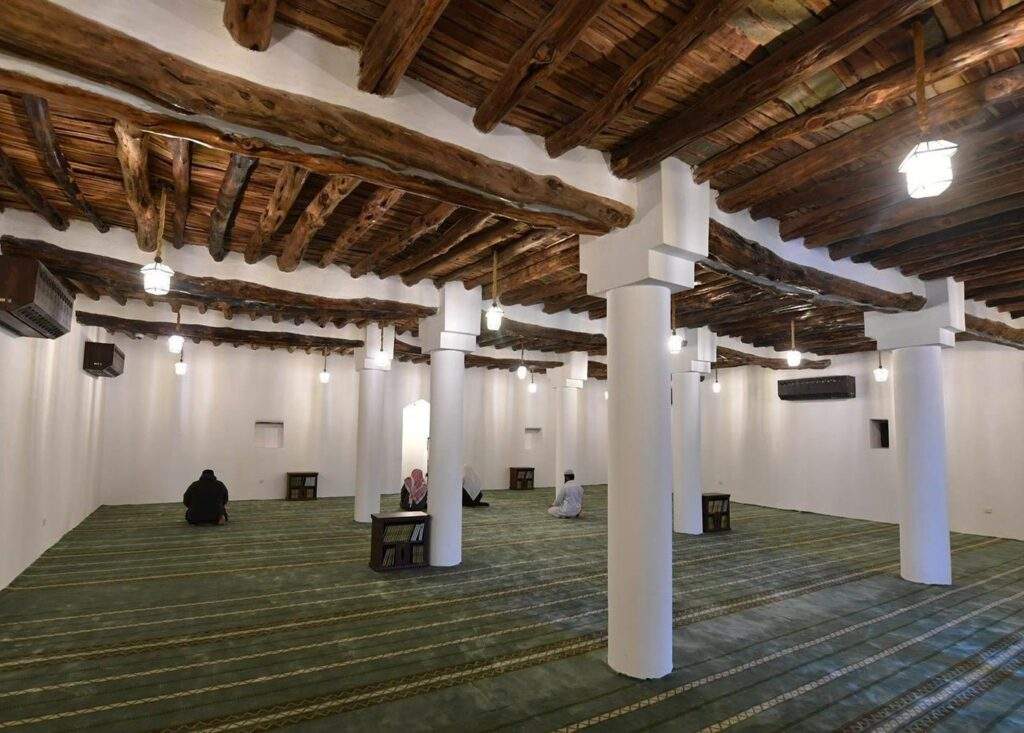
Unique Architectural Features
Al-Masqi Mosque is famous for its use of mud stone in its construction, a distinctive element of the Sarawat style. Stone and mud buildings in the region rely on a system of layers and thick walls to protect them from rain, while raqf (a type of roof) is used to provide shade for the facades.
The minaret also features a unique style, which stands out among the historic mosques of the Asir region.
The Second Phase of the Historic Mosques Development Project
Al-Masqi Mosque is one of 30 historic mosques included in the second phase of Prince Mohammed bin Salman’s project. These mosques are distributed across 13 regions of the Kingdom, including six mosques in Riyadh, five in Makkah, four in Madinah, and three in Asir. Other mosques are located in other regions, such as the Eastern Province, Al-Jouf, Jazan, the Northern Borders, Tabuk, Al-Baha, Najran, Hail, and Al-Qassim.
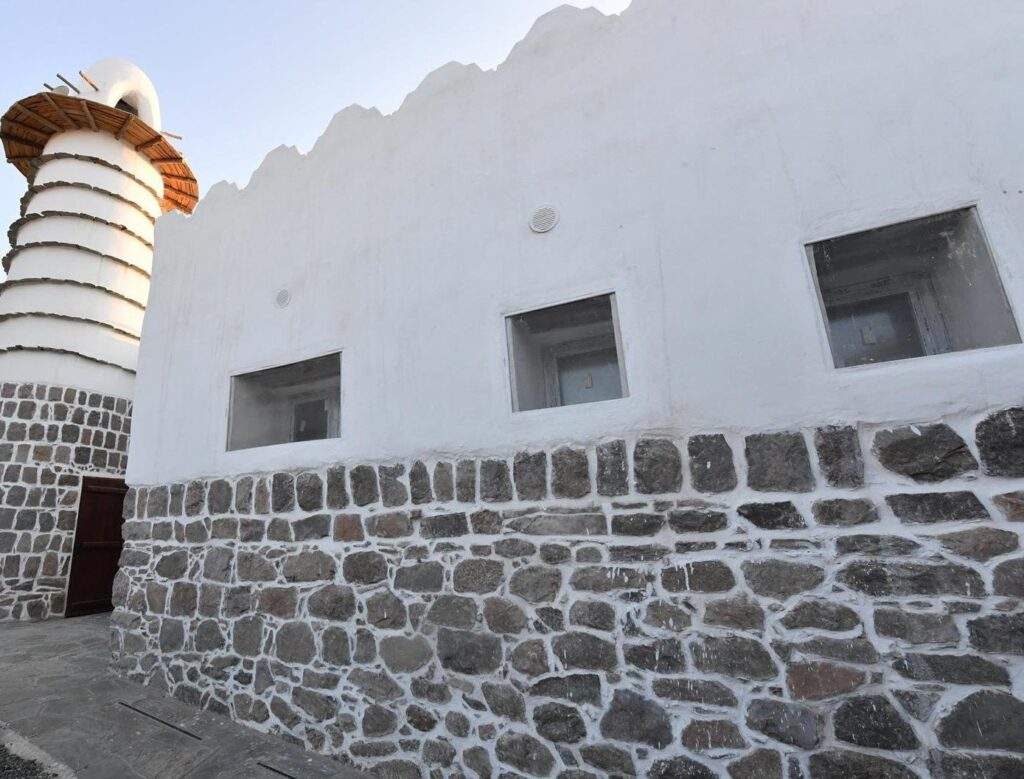
A development vision that reflects the Kingdom’s cultural dimension
The Historic Mosques Development Project aims to achieve four main objectives: rehabilitating them for worship, restoring their architectural authenticity, highlighting the Kingdom’s cultural dimension, and enhancing its religious and cultural standing.
It also contributes to achieving Vision 2030 by preserving architectural heritage and utilizing it in the design of modern mosques, making these mosques living testaments to the rich Islamic history of the Kingdom of Saudi Arabia.

The historic Al-Masqi Mosque in Asir is being revived as part of the second phase of the Prince Mohammed bin Salman Project for the Development of Historic Mosques. The mosque, dating back more than 13 centuries, features the Sarat architectural style and will be renovated using local natural materials, while preserving its historical identity. The project encompasses 30 mosques across the Kingdom and aims to enhance the religious and cultural status of these mosques, in line with Vision 2030 to preserve and develop urban heritage.

